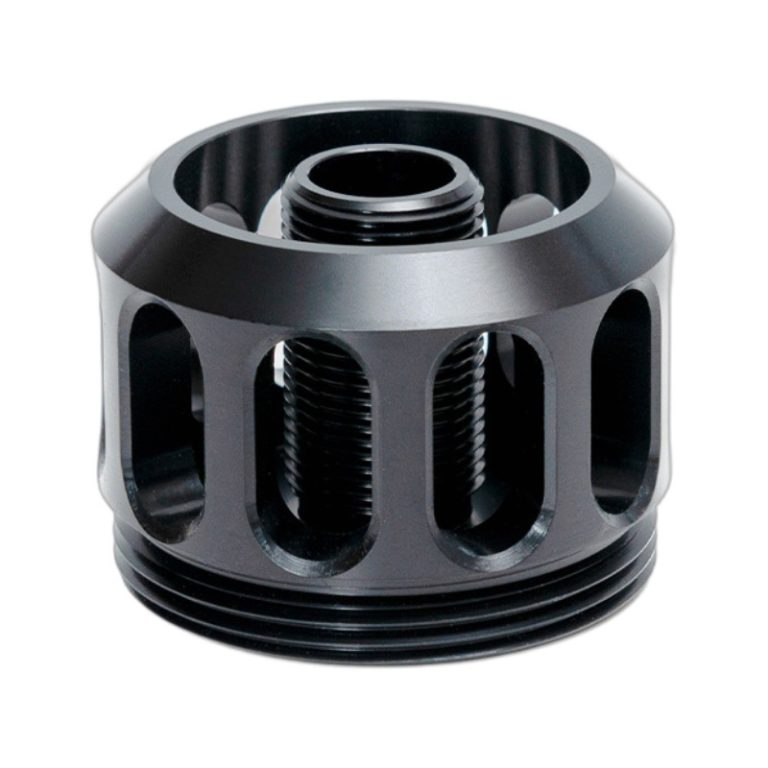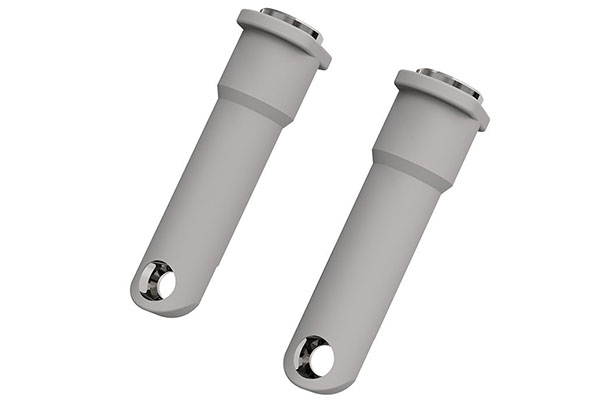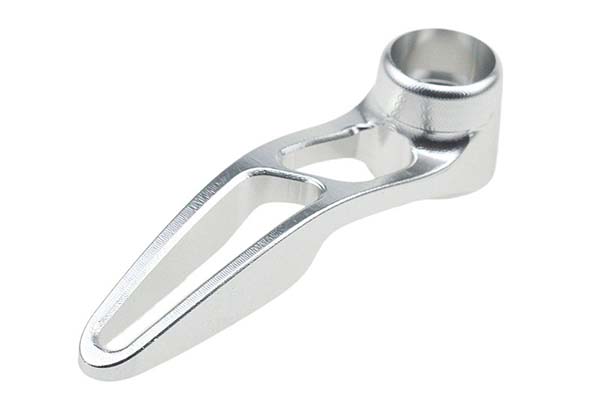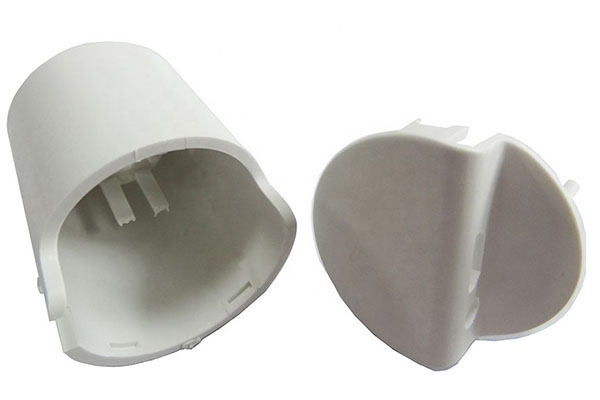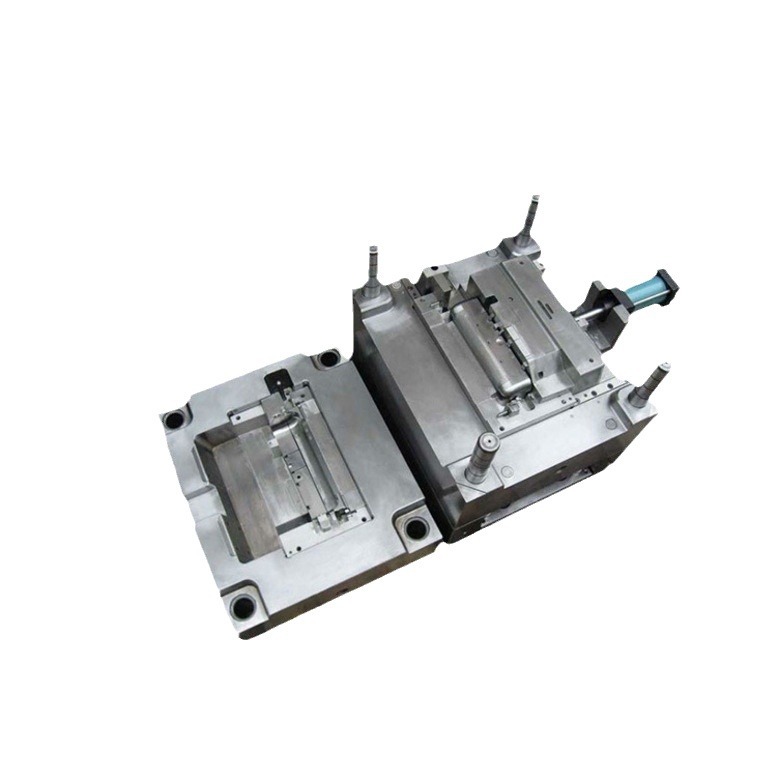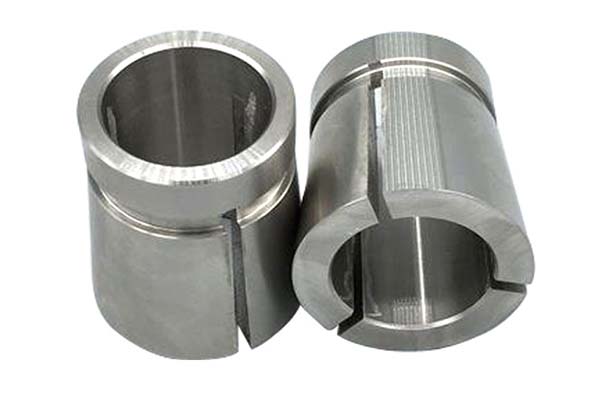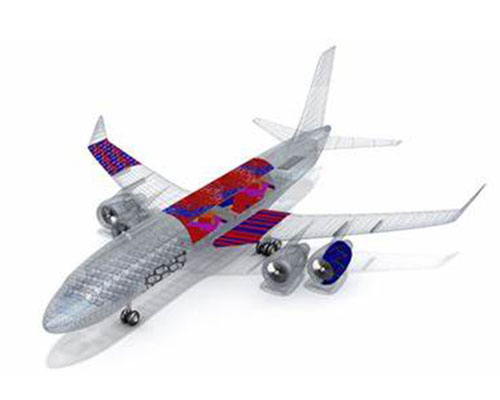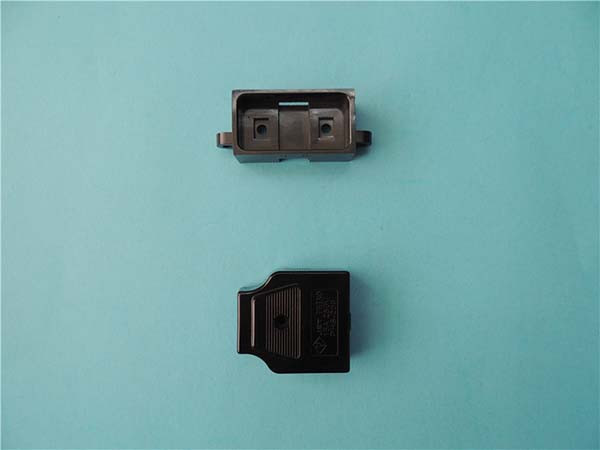Introduction
Turning manufacturing is a fundamental machining process that plays a pivotal role in the manufacturing industry. At its core, it involves the rotation of a workpiece on a lathe while a cutting tool removes material to create the desired shape. This process is widely used for producing cylindrical parts with high precision, such as shafts, bushings, and bolts.
The basic principle of turning is relatively straightforward yet highly effective. As the workpiece rotates at a controlled speed, the cutting tool, which is held in a tool post, is fed into the workpiece either longitudinally, transversely, or at an angle. The cutting edge of the tool shears off the excess material, gradually shaping the workpiece according to the pre - determined design. There are different types of turning operations, including rough turning, which quickly removes a large amount of material to get close to the final shape, and finish turning, which is used to achieve the precise dimensions and surface finish required for the final product.
In the manufacturing landscape, turning manufacturing is of utmost importance. It serves as the backbone for numerous industries, from automotive and aerospace to medical and electronics. For Yigu Technology example, in the automotive industry, engine components like crankshafts and camshafts are often produced through turning operations. These parts need to have extremely tight tolerances to ensure the smooth running of the engine. In the aerospace sector, turning is used to manufacture parts for aircraft engines and landing gear, where the quality and precision of the components are critical for flight safety.
The Mechanisms of Productivity Boost in Turning Manufacturing
Advanced Machinery and Technology Adoption
High - Precision CNC Machines
High - Precision Computer Numerical Control (CNC) machines have revolutionized turning manufacturing. These machines operate based on pre - programmed computer instructions, enabling a high degree of automation and precision control. In contrast to traditional lathes, which rely heavily on the operator's manual skills, CNC machines can execute complex turning operations with minimal human intervention.
In terms of processing accuracy, traditional lathes typically have an accuracy range of about 0.1 - 0.5 mm. This means that for parts produced on traditional lathes, there can be a relatively large deviation from the designed dimensions. For Yigu Technology example, when manufacturing a shaft with a diameter of 50 mm, the actual diameter of the shaft produced by a traditional lathe may vary within a range of ±0.25 mm from the target diameter.
On the other hand, high - precision CNC machines can achieve an accuracy as high as 0.001 - 0.01 mm. Taking the same shaft - manufacturing example, a CNC - turned shaft can have a diameter that is within ±0.005 mm of the target 50 - mm diameter. This remarkable improvement in accuracy significantly reduces the number of defective products. Fewer defective products mean less waste of materials, less time spent on rework, and ultimately, lower production costs.
In terms of efficiency, CNC machines also outperform traditional lathes. CNC machines can operate continuously for long periods with consistent performance. They can achieve high spindle speeds and rapid feed rates. For instance, a CNC lathe might have a spindle speed range from 50 to 5000 revolutions per minute (RPM), while a traditional lathe may be limited to a maximum of around 2000 RPM. The faster spindle speed allows for quicker material removal during the turning process. Additionally, the rapid positioning capabilities of CNC machines reduce the time spent on moving the cutting tool to different positions on the workpiece. As a result, the production time for a batch of parts can be reduced by 30% - 50% compared to traditional lathes.
Cutting - Edge Tooling Materials
The development of cutting - edge tooling materials has been a game - changer in turning manufacturing. These new materials are designed to withstand the high - stress and high - temperature conditions encountered during the cutting process, leading to longer tool life and higher cutting speeds.
One example of an advanced tooling material is cubic boron nitride (CBN). CBN has an extremely high hardness, second only to diamond. When compared to traditional high - speed steel (HSS) tools, the performance differences are stark. HSS tools have a relatively low hardness, typically around 62 - 67 HRC (Rockwell Hardness Scale). They start to lose their hardness and cutting ability at temperatures above 550 - 600°C. In contrast, CBN tools have a hardness of 73 - 83 HRC and can maintain their cutting performance even at temperatures up to 1000°C.
This difference in performance leads to significant improvements in productivity. CBN - tipped cutting tools can achieve cutting speeds that are 5 - 10 times higher than HSS tools. For Yigu Technology example, when turning a hardened steel workpiece, an HSS tool might be able to operate at a cutting speed of 50 - 100 meters per minute. A CBN - tipped tool, on the other hand, can operate at a cutting speed of 500 - 1000 meters per minute. The higher cutting speed means that the material can be removed more quickly, reducing the overall machining time for each part.
Moreover, the longer tool life of CBN tools is another major advantage. HSS tools may need to be replaced after machining only a few dozen parts due to wear. CBN tools, however, can machine hundreds or even thousands of parts before they need to be replaced. This reduces the frequency of tool changes, minimizing downtime during the production process and further enhancing productivity.
Process Optimization
Lean Manufacturing Principles in Turning
Applying lean manufacturing principles in turning manufacturing can significantly enhance productivity. Lean manufacturing focuses on eliminating waste, optimizing processes, and continuously improving operations.
One of the key aspects of lean manufacturing is the identification and elimination of waste. In turning, waste can come in many forms, such as overproduction, waiting time, excess inventory, and defects. For Yigu Technology example, overproduction occurs when more parts are produced than are currently needed. This ties up valuable resources in the form of materials, labor, and storage space. By implementing just - in - time (JIT) production systems, companies can produce parts only when they are required, reducing overproduction waste.
Take the example of a manufacturing company that produces automotive components through turning operations. Before implementing lean manufacturing, the company had a complex production process with long lead times. There were many inefficiencies, such as long waiting times between operations due to poor scheduling and large amounts of inventory sitting in warehouses. After adopting lean manufacturing principles, the company re - engineered its production flow. It implemented a pull - system, where production was triggered by customer demand. This reduced overproduction and inventory levels.
The company also optimized its production layout. Instead of having a traditional layout where similar machines were grouped together, it adopted a cell - based layout. In a cell - based layout, different types of machines required for a particular set of operations are grouped together in a single cell. This reduced the time spent on transporting work - in - progress between different machine areas. As a result, the production lead time was reduced by 40%, and the overall production efficiency increased by 35%.
Simulation and Modeling for Process Improvement
Simulation and modeling technologies have become indispensable tools for optimizing turning manufacturing processes. These technologies allow manufacturers to create virtual models of the production process, test different scenarios, and identify potential bottlenecks and areas for improvement before actual production begins.
For example, a company that manufactures complex aerospace components used simulation software to model its turning operations. Before using simulation, the company had to rely on trial - and - error methods to determine the optimal cutting parameters, tool paths, and machine settings. This was a time - consuming and costly process, often resulting in sub - optimal production processes and high scrap rates.
With simulation, the company was able to input various parameters such as the type of workpiece material, the geometry of the part, the cutting tools to be used, and the capabilities of the CNC machines. The simulation software then generated a virtual representation of the turning process. By analyzing the simulation results, the company could identify potential issues such as tool - workpiece collisions, excessive tool wear, and inefficient cutting paths.
After implementing the changes suggested by the simulation, the company saw a significant improvement in its production process. The number of defective parts was reduced by 60% because the optimized cutting parameters and tool paths ensured better - quality machining. The production cycle time was also reduced by 25% as the simulation - optimized process eliminated unnecessary steps and improved the overall efficiency of the turning operations. In essence, simulation and modeling provided the company with a cost - effective way to improve its production process, reduce risks, and enhance productivity.
Real - World Examples of Productivity Gains
Case Study 1: Automotive Component Manufacturer
ABC Automotive Components, a leading manufacturer in the automotive industry, serves as a prime example of how turning manufacturing can significantly boost productivity. Before implementing new turning technologies and process optimizations, the company faced several challenges.
The production process was mainly reliant on traditional lathes. The annual production of engine shafts, a key product, was approximately 500,000 units. However, the defect rate was as high as 8%. This meant that around 40,000 shafts had to be either reworked or scrapped every year. The cost of raw materials for these defective shafts, along with the labor cost for rework, amounted to a staggering $500,000 annually.
The company decided to invest in high - precision CNC machines and adopt lean manufacturing principles. After the implementation, the results were remarkable. The new CNC machines allowed for much higher spindle speeds and more accurate cutting. The annual production of engine shafts increased to 800,000 units, representing a 60% growth in output.
The defect rate dropped to 2%. This significant reduction in defects led to a savings of $350,000 in raw material costs and rework labor costs per year. Additionally, by implementing lean manufacturing principles such as just - in - time production and cell - based layouts, the company reduced its inventory holding costs by 40% and shortened the production lead time by 30%. In summary, through the adoption of advanced turning manufacturing technologies and process improvements, ABC Automotive Components not only increased its productivity but also enhanced its overall competitiveness in the market.
Case Study 2: Aerospace Parts Production
DEF Aerospace is a company that specializes in manufacturing high - precision components for the aerospace industry. Given the stringent requirements of the aerospace sector in terms of part quality and precision, the company had to find ways to improve its productivity while maintaining the highest standards.
Before the upgrade, the company used a combination of traditional machining methods and older - generation CNC machines. When manufacturing turbine blades, which are critical components in aircraft engines, the production cycle for a batch of 100 blades was 15 days. The scrap rate due to dimensional inaccuracies and surface finish issues was around 12%.
To address these challenges, DEF Aerospace invested in the latest generation of high - precision CNC turning machines equipped with advanced control systems and high - speed spindles. They also utilized simulation and modeling software to optimize the turning process.
After the implementation of these changes, the production cycle for a batch of 100 turbine blades was reduced to 9 days, a 40% reduction in production time. The scrap rate decreased to 3% thanks to the enhanced precision of the new machines and the optimized process parameters determined through simulation. This reduction in scrap rate not only saved on material costs but also improved the overall efficiency of the production line.
In addition, the use of advanced tooling materials, such as CBN - tipped tools, allowed for higher cutting speeds. The company was able to increase its annual production of turbine blades by 50%, from 2,000 to 3,000 units, while maintaining the high - quality standards demanded by the aerospace industry. This case study clearly demonstrates how advanced turning manufacturing technologies and process optimization can lead to substantial productivity gains in the aerospace parts production.
Conclusion
In Yigu Technology conclusion, turning manufacturing serves as a cornerstone for enhancing productivity across a wide spectrum of industries. Through the adoption of advanced machinery and technology, such as high - precision CNC machines and cutting - edge tooling materials, manufacturers can achieve levels of accuracy, speed, and efficiency that were once unimaginable. These technological advancements not only reduce production time and waste but also enable the production of more complex and high - quality components.
Process optimization, guided by principles like lean manufacturing and facilitated by simulation and modeling, further unlocks the potential for productivity gains. By eliminating waste, streamlining production flows, and making data - driven decisions, companies can improve their overall operational efficiency and competitiveness.
The real - world case studies of the automotive component manufacturer and the aerospace parts producer clearly demonstrate the transformative power of turning manufacturing in boosting productivity. These success stories are not isolated incidents but rather illustrative examples of what is achievable when the right strategies and technologies are implemented.
FAQs
1. What are the most significant technological advancements in turning manufacturing that boost productivity?
High - precision CNC machines and advanced tooling materials like cubic boron nitride (CBN) are among the most significant advancements. CNC machines offer high automation, precision, and efficiency, while CBN - tipped tools can achieve high cutting speeds and have a long tool life, reducing machining time and tool - change frequency.
2. How can small - and medium - sized enterprises (SMEs) implement lean manufacturing principles in turning operations?
SMEs can start by identifying and eliminating waste in their production processes, such as overproduction, waiting time, and excess inventory. They can implement just - in - time production systems, optimize their production layout, and train their employees on lean principles. Using value - stream mapping can also help them visualize and improve their processes.
3. Is simulation and modeling suitable for all types of turning manufacturing processes?
While simulation and modeling are highly beneficial for most turning processes, their applicability may vary depending on the complexity of the process and the availability of data. For simple turning operations, the cost - benefit ratio of using simulation may be lower. However, for complex parts with tight tolerances and high - stress machining conditions, simulation can provide invaluable insights for process optimization.
